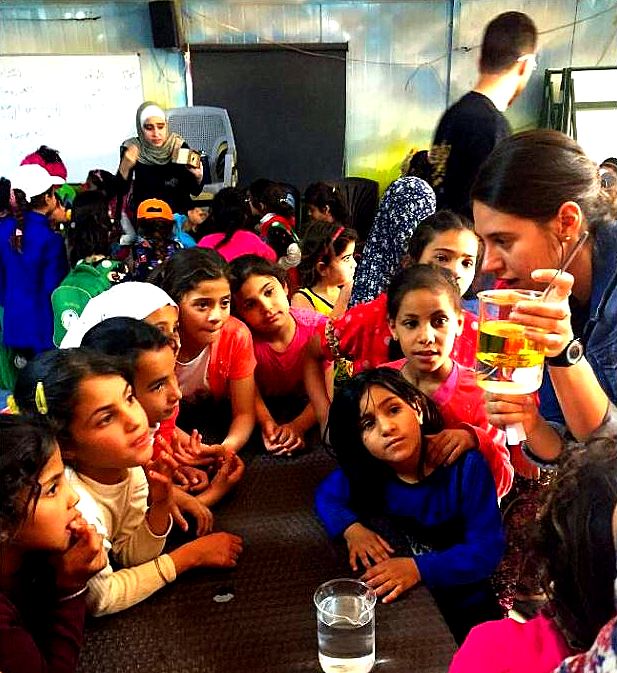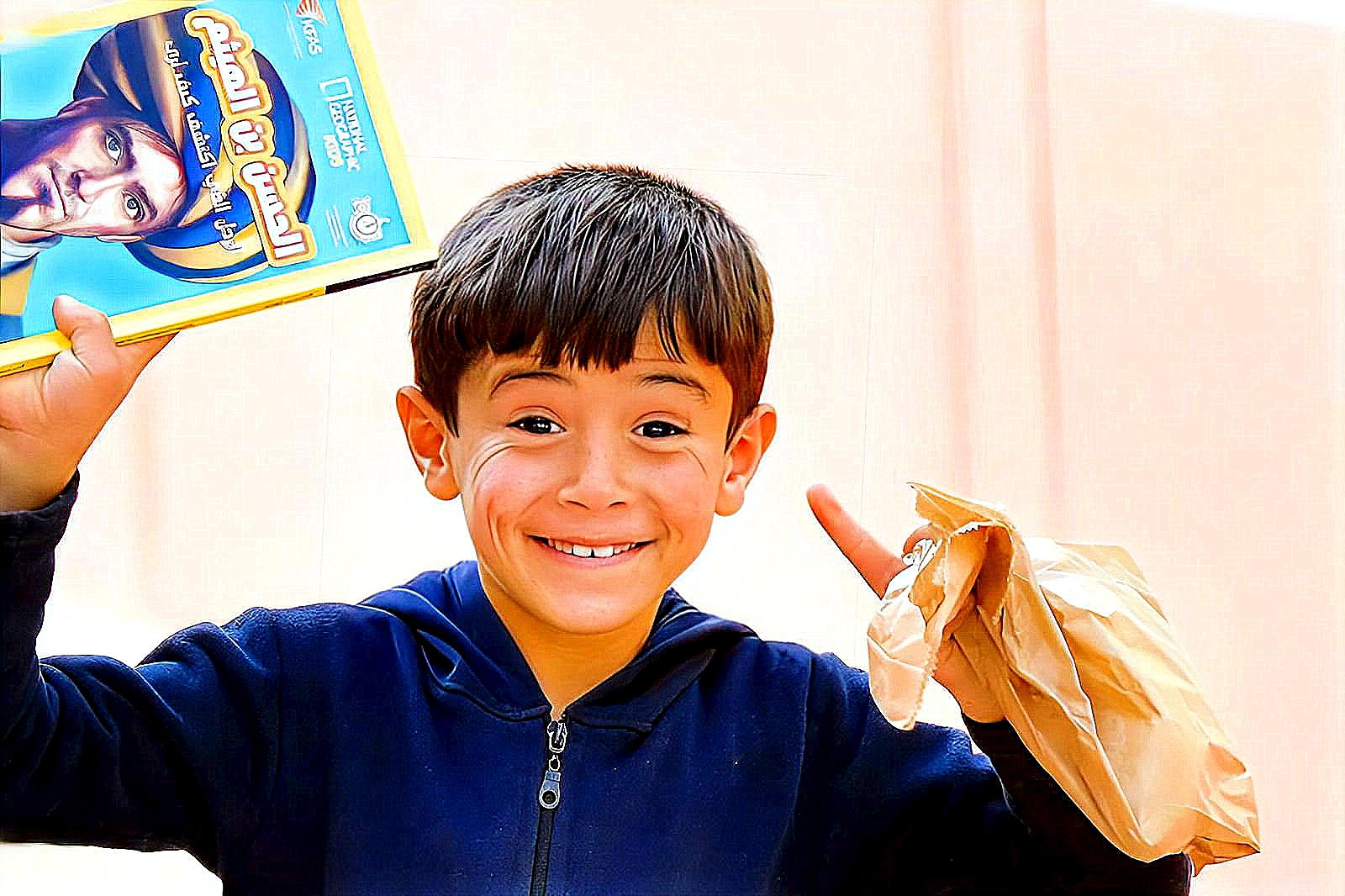 In 2010, the United Kingdom–based non-profit organization, 1001 Inventions, opened an interactive travelling exhibition at the London Science Museum. Titled 1001 Inventions, the exhibition celebrates the scientific contributions of the multicultural Muslim civilization that extended from Spain to China from the 7th to the 17th century. The exhibition was initiated to address gaps in public understanding of the history of science and help promote intercultural appreciation, diversity, and inclusion.
In 2010, the United Kingdom–based non-profit organization, 1001 Inventions, opened an interactive travelling exhibition at the London Science Museum. Titled 1001 Inventions, the exhibition celebrates the scientific contributions of the multicultural Muslim civilization that extended from Spain to China from the 7th to the 17th century. The exhibition was initiated to address gaps in public understanding of the history of science and help promote intercultural appreciation, diversity, and inclusion.
The success of the exhibition, which as of 2021 has travelled to 40 cities around the world and been seen by more than 15 million people, has supported the creation of a new program called 1001 Meals. Created in partnership with the World Food Programme (WFP), 1001 Meals provides a holistic approach to the well-being of vulnerable Syrian children living in Jordanian refugee camps by offering them healthy meals coupled with themes, elements, and activities from 1001 Inventions.
Increasingly, museums are striving to have an impact beyond their walls to address profound social and economic inequity.
The global COVID-19 pandemic that began in 2020 has only accelerated a looming
sense of urgency in the museum community to address the profound inequities that face our cities, countries, and the world.
At the same time, a growing alienation from the global scientific enterprise, fuelled by widely disseminated misinformation, is impeding efforts to mitigate climate change and the pandemic. In forums, conferences, videoconferences, and online media, museums have been searching for impact and relevance to meet these needs.
This urgent conversation has inconsistently fomented changes in collections, exhibitions, programming, and staffing, and the core missions of museums and of exhibitions frequently seem remote from the global plagues of ignorance, poverty, racism, xenophobia, and violence. Together, 1001 Inventions and 1001 Meals demonstrate that programs grounded in museum exhibitions and education can harness creativity, content, and entrepreneurial spirit to build a powerful intervention into one of the world’s great humanitarian crises.
Because the co-authors have had different experiences with these projects, Eric Siegel, who brought the exhibition to the New York Hall of Science (NYSCI) for its United States premier in 2010, addresses the exhibition-centric components of the project and Hanan Dowidar, who coordinated the partnerships that enabled the 1001 Meals project, contributes the content of the 1001 Meals work, as well as some of the institutional challenges of this complex project. Eric Siegel then concludes this article by contextualizing the exhibition and meals programs within the framework of contemporary museum engagement.
Continue to Read: PDF – FULL STORY
This article first appeared in the journal Exhibition (Fall 2021) Vol. 40, No. 2 and is reproduced with permission: www.name-aam.org


